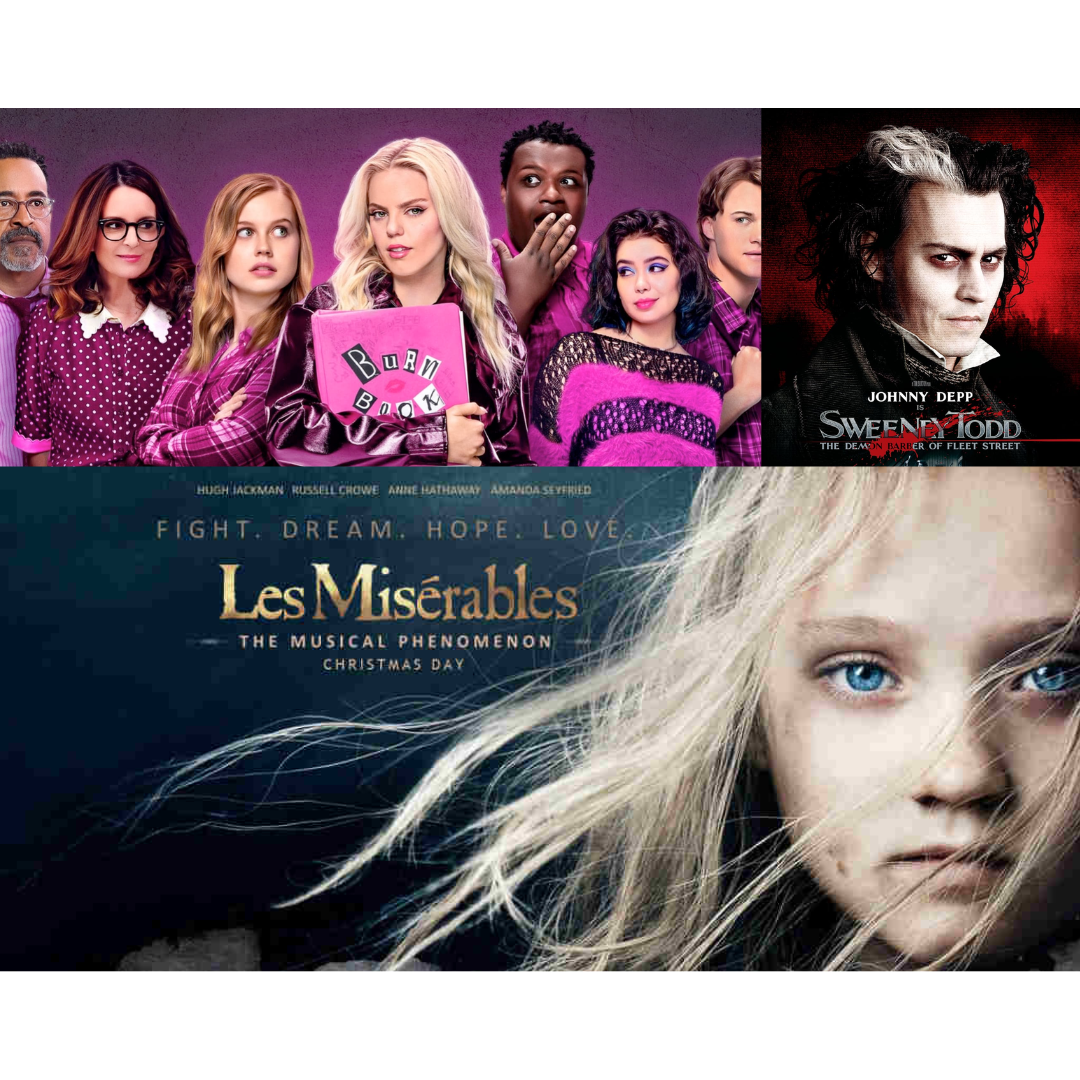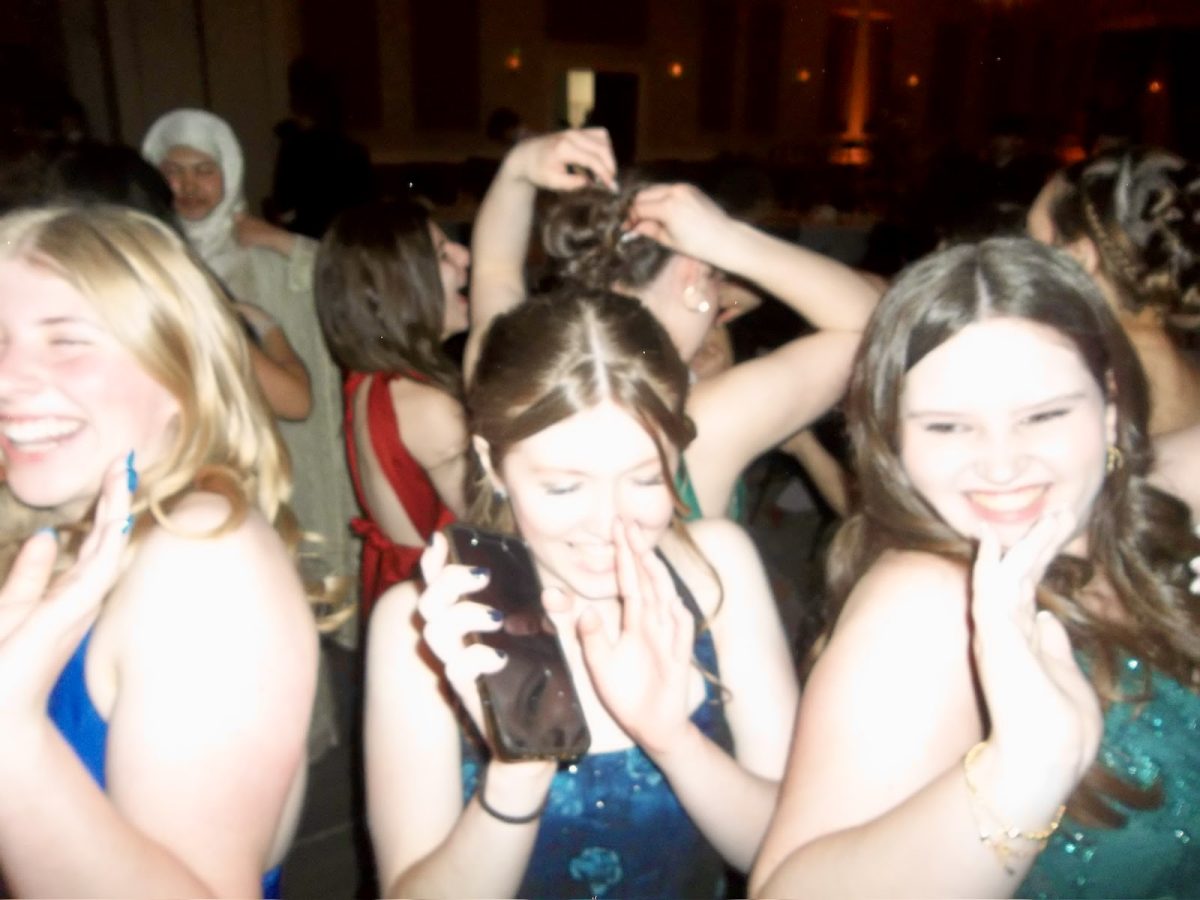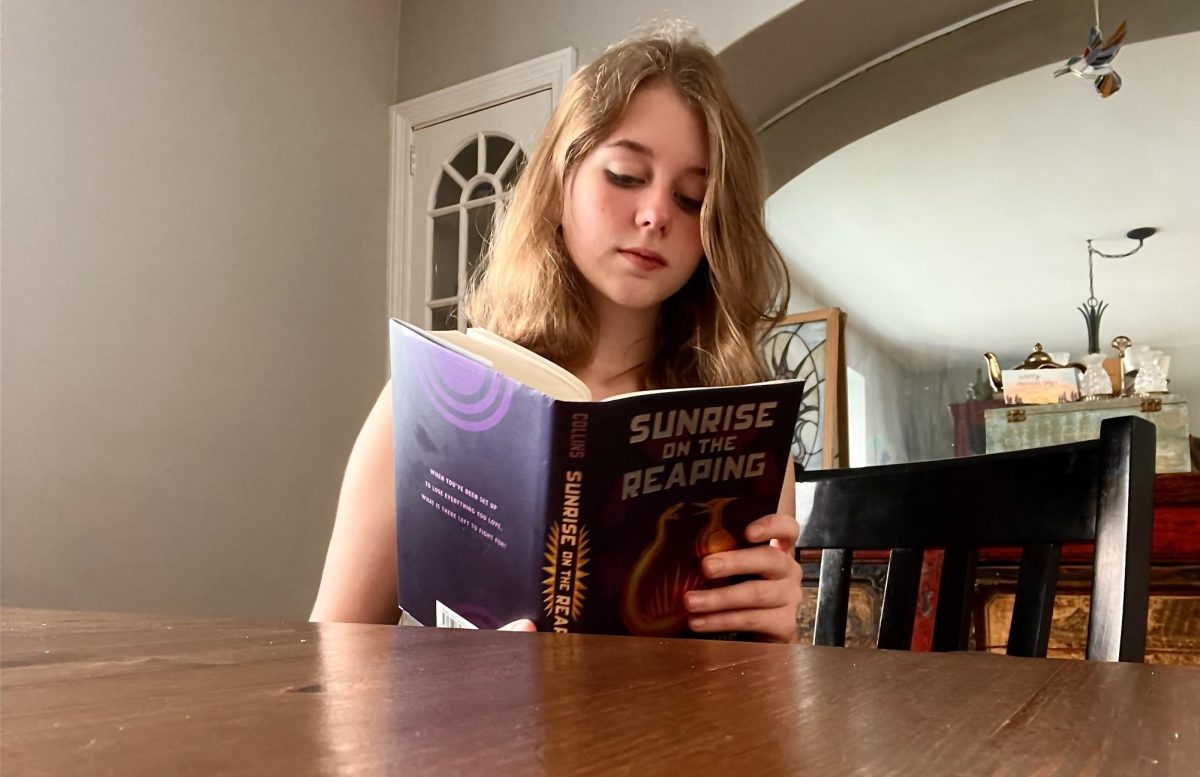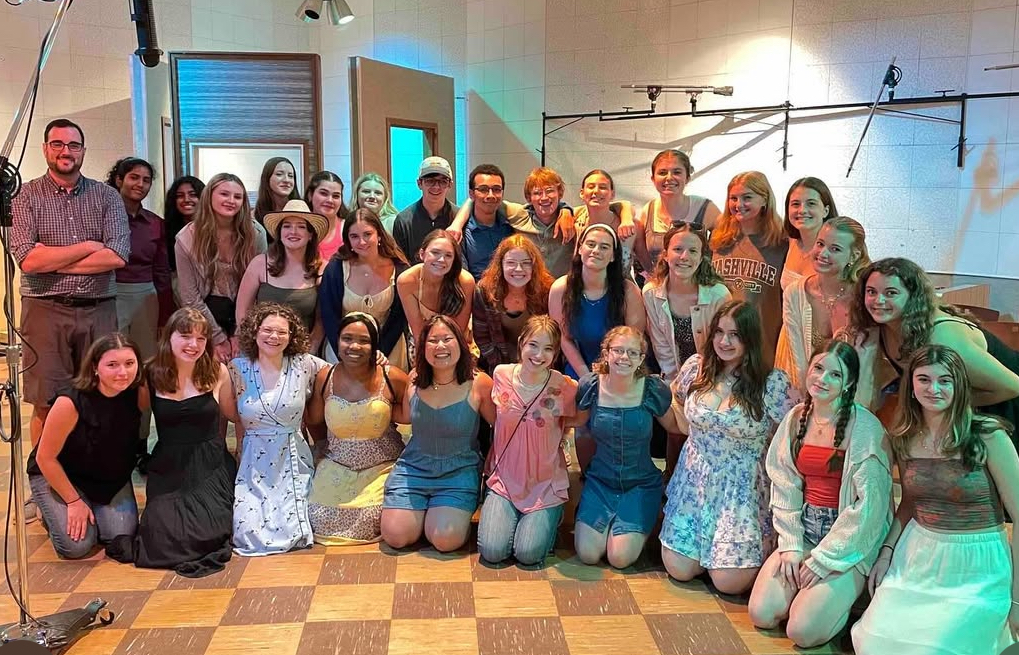Movie-musicals are often fragile pieces of media that can easily fall short of the original Broadway show. The musical theater community tends to be especially critical of movie-musicals for not doing justice to their beloved works and bringing mainstreaming misrepresentations of cherished stories. Certain movie-musicals such as Rocky Horror Picture Show are widely accepted, while others such as Cats are not.
There are some recurring mistakes that I have noticed. For instance, casting non-singing actors in musicals–simply to capitalize on their popularity–can lead to issues in the performance, as the essence of musicals lies in the music in addition to the acting. Movie-musicals also typically change content from stage to film, which results in heavy criticism. It is quite an undertaking to adapt a musical into a movie in a way that satisfies audiences, so here is my take on a few of these adaptations: their successes and their failures.
Firstly, Les Miserables tells the tragic story of a slew of characters in early 19th century France. Among them are a soldier, a family of swindlers, a policeman, a convict, a poor mother, and her child. The 2012 adaptation of Les Miserables, despite its awards and praise, has received great criticism from musical theater fans. I am inclined to agree that the movie makes many mistakes and generally feels wrong. For instance, Russel Crowe delivers an infamously poor performance as Javert, especially during the song “Stars”. This is a prime example of headline-worthy actors being cast regardless of their vocal talent. Anne Hathaway, however, received an Oscar for her earth-shattering performance in Les Miserables. However, the tears and hysterics of her acting prevented her from reaching her full singing potential. The Les Miserables movie-musical is a perfect study of improper and proper casting in movie-musicals. As a long-time Les Mis. fan, I conclude that the stage adaptation is superior to the film.
Next is Sweeney Todd: The Demon Barber of Fleet Street. This musical coined by Stephen Sondheim tells the story of a barber who murders his patrons and has them baked into meat pies. This gruesome tale was adapted into a movie-musical in 2008 by Tim Burton. Interestingly, the stars, Johnny Depp and Helena Bonham Carter–who are not well-trained singers–do justice to Sweeney Todd. Their character work is so impressive that when paired with the other successes of the film, it’s an exceptional adaptation. The transition from musical to movie is particularly well-handled. The pale and darkened colors seen throughout the film are extreme and stylized, which creeps into the aesthetics of dramatic musical theater. Other movie adaptations would benefit by following in the footsteps of Sweeney Todd: The Demon Barber of Fleet Street.
The successes of Sweeney Todd: The Demon Barber of Fleet Street are the failures of Into the Woods, another well-known Sondheim musical. Into the Woods intertwines the fairytales of Cinderella, Jack and the Beanstalk, Rapunzel, and Little Red Riding Hood. In the musical Into the Woods, the first act is very bright, colorful, and whimsical, whereas the second act is nightmarish and dreary. The Disney adaptation of Into the Woods, however, is entirely dreary. I have found that creators of movie-musicals are afraid to fully lean into the bold musical drama and colorful eccentricity. This choice drains the life out of the piece causing the adaptation to suffer immeasurably.
Finally, let’s talk about the very recent 2024 Mean Girls movie-musical. Mean Girls follows a teenage girl who enters high school for the first time and becomes involved in over-dramatized female social structures from queen bees to outcasts.
Renee Rapp stars in the film adaptation of Mean Girls and previously starred in the Broadway version. Audiences praise her vocal ability, and she absolutely deserves it; Renee is the best performer in the movie. However, I enjoyed Janice and Damien’s performances. Cady, the protagonist, was bothersome to me; she lacked on-screen confidence, and her voice was not award-winning. I don’t appreciate the modern aspects of the movie such as TikTok screen formats and other social media appearances. I also understand that edits had to be made in order to incorporate contemporary language, but many of the changes made the movie feel insincere and not true to the stage version. I would not consider this adaptation to be an egregious failure, but it is underwhelming compared to other movie-musicals.
Hopefully in the future, creators of these adaptations will start learning from their mistakes. Film adaptations of musicals are not for everyone, but if better executed, more people may appreciate musical theater.















